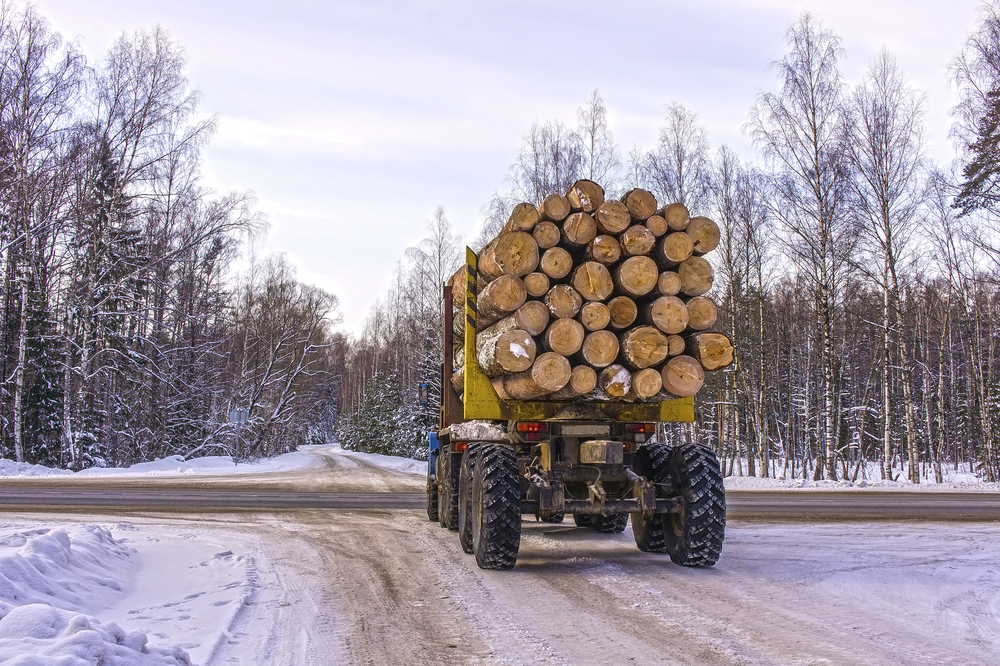Breaking
Worker: B.C. mill that exploded killing two workers should have been shut down
BURNS LAKE, B.C. — Freezing temperatures wrecked equipment at a sawmill that hadn’t been prepared for such weather before an explosion killed two workers, a coroner’s inquest has heard.
Archie Alec, who worked as a chipper attendant, testified Friday that a cold snap made it tough to operate machinery at Babine Forest Products in the days before a blast on Jan. 20, 2012.
Robert Luggi, 45, and 42-year-old Carl Charlie, died in the disaster that also left 19 others injured, some with severe burns.
Alec worked in the mill’s basement, where he was primarily responsible for unplugging conveyors when they became clogged with debris.
“Being downstairs was chaotic,” he said. “Conveyors were freezing up… all week we had problems with everything starting up. By the time we’d get things going, another machine breaks down. Maintenance was overwhelmed with calls — here, there, throughout the mill.”
He said employees were called into the lunchroom for a meeting the day before the explosion.
“To us, we thought we would be sent home, but we weren’t,” Alec said.
Instead, everyone in the mill was sent to clean out the debris that had piled up in the basement. They had to use jackhammers to dislodge the material because it had become frozen in water that had been leaking from burst pipes.
That seemed to work, and the sawmill was back in operation by the time Alec returned for work the next morning.
“I wouldn’t say it was cleaned right up but at least it was accessible to the conveyors,” Alec said.
On the Monday, Tuesday and Wednesday before the explosion, which occurred on a Friday night, the mill was processing beetle-killed pine but switched to green wood on the Thursday and Friday.
Because the pine was so dry, it produced a fine, powdery dust that created a haze as it floated in the air and caused breathing concerns, the inquest has heard.
Alec said he never had to wear a mask when the mill was dealing with green wood but on the days when it was working on the pine, he wore one and it would be black by the end of his shift.
A WorkSafeBC investigation concluded an accumulation of wood dust was a major factor in the blast.
Alec worked the day shift and wasn’t there when the explosion ripped through the mill and said he is no longer employed there.
“My feeling is we shouldn’t have (worked) at all that week, otherwise Robert and Carl would be here and the mill would still be running,” he said.
Claude Briere, a longtime machinist and millwright at the mill, told the inquest that conditions “totally changed” after shifts were extended to 10 hours from eight hours in an effort to boost production.
Before that, Briere said there was no dust on the beams, the floors were clean and the debris was removed when he arrived at the mill every morning.
“After the 10-hour shift, the piles were there from the day before, or the day before or the day before or the day before,” he said adding a crew had less time for cleanup duties because they were also required to do other duties.
The shift change was introduced after Oregon-based Hampton Affiliates bought the 30-year-old mill from West Fraser in 2006, he said.
When new management took over, “nothing was done” to get the mill ready for the winter seasons, he said.
The temperature had dipped to below -40 C before the explosion.
With files from Prince George Citizen






















